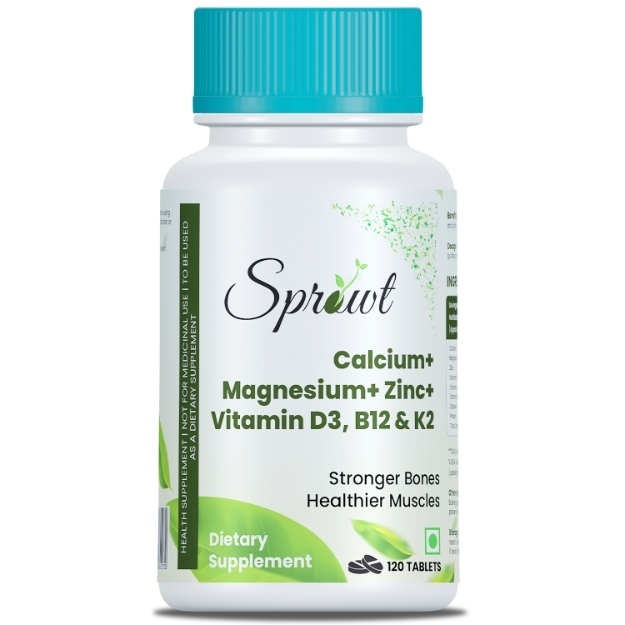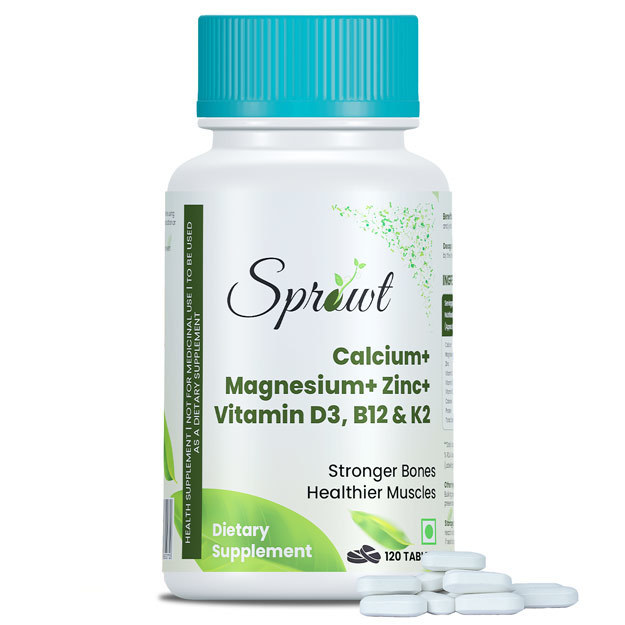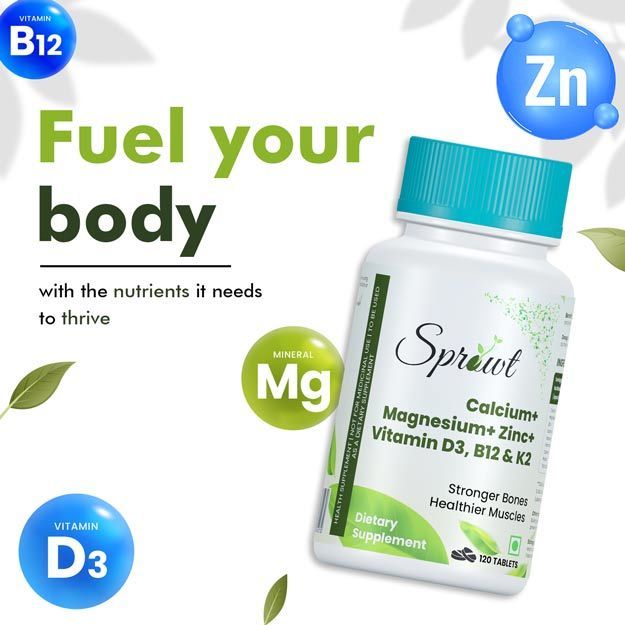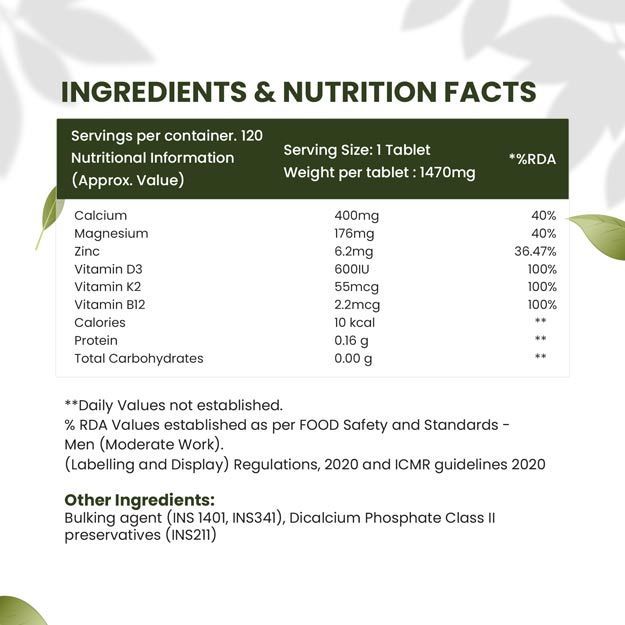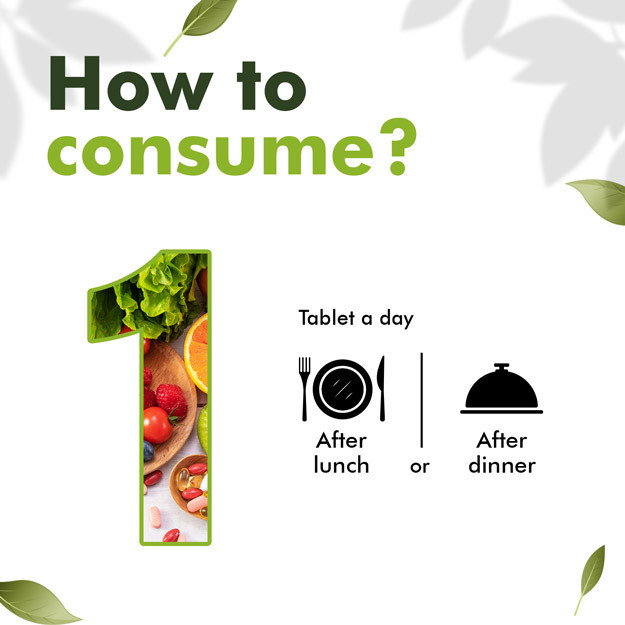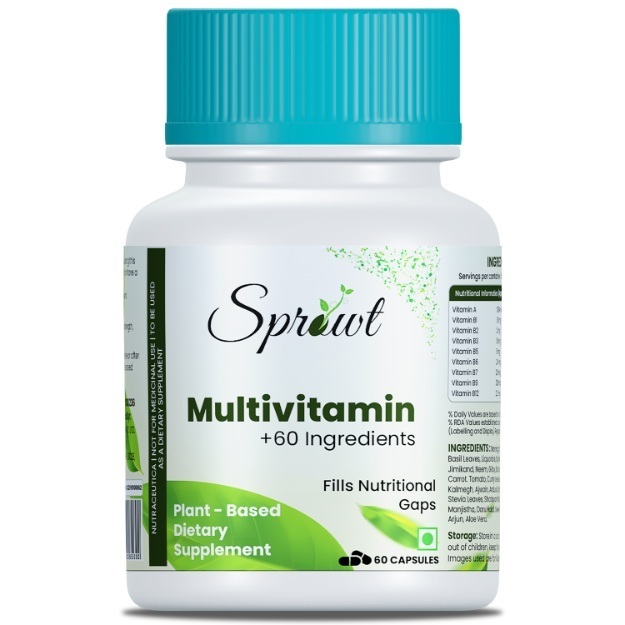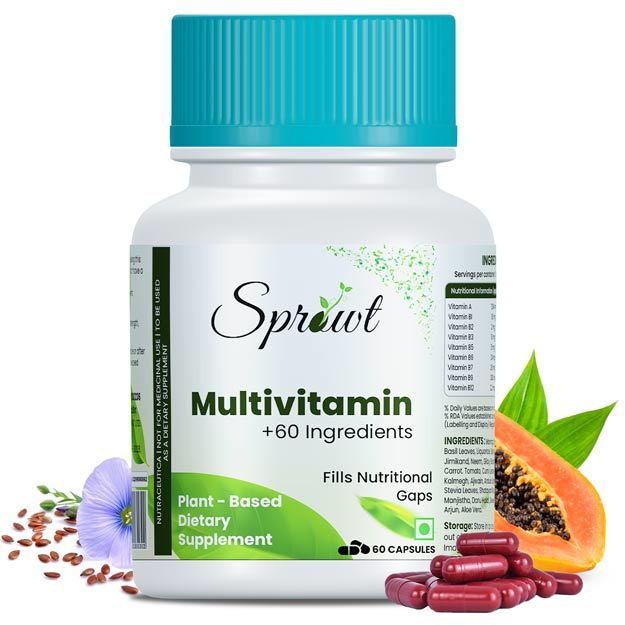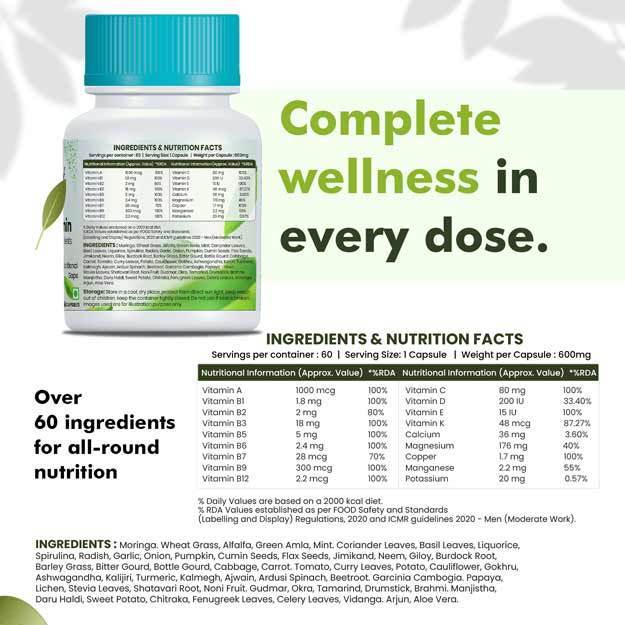Magnesium is a macromineral that is involved in multiple processes in the body, including the production of 300 enzymes. Our body needs magnesium to produce energy, synthesize DNA, form healthy bones, control blood sugar levels and nerve impulses, contract and relax muscles, and maintain normal blood pressure and healthy heart rhythm.
Adult females need 310-320 milligrams (mg) of magnesium a day—pregnant women need 40 mg more. Adult males need 400-420 mg of magnesium a day. Each day, the kidneys flush out 120 mg of magnesium through urine. Deficiency of magnesium (hypomagnesemia) is linked to health problems from muscle cramps to an irregular heartbeat. Though this is rare, in extreme cases, magnesium deficiency can trigger a chain of events leading to sudden cardiac death. Both low and high levels of magnesium in the body have been linked to dementia risk.
In pregnant women, magnesium deficiency has been linked to gestational diabetes, preterm labour, preeclampsia and intrauterine growth restriction (when the foetus is smaller than expected for their gestational age).
We should be able to get all the magnesium we need from dietary sources such as green leafy vegetables, nuts and seeds, and grains and legumes. Our body absorbs 30-70% of magnesium present in food—this is a good figure compared with 15-35% of the iron that is absorbed from animal-based foods (iron absorption from plant sources is less than this even). Magnesium absorption takes place mainly in the small intestine.
According to one estimate, though, 60% of adults fail to fulfil their daily minimum requirement of magnesium from food. There are a few factors that can hinder the absorption of magnesium in the body. These include:
- Alcoholism
- Gastrointestinal conditions like Celiac disease and Crohn’s disease
- Older age
- Having diabetes
- Certain medication like diuretics (often prescribed for hypertension) and proton pump inhibitors (prescribed for acid reflux and gastroesophageal reflux disease or GERD)
It is difficult to assess when someone has a magnesium deficiency, as most of the magnesium in the body is locked inside bones and cells—only 1% is present in our blood. (Read more: Magnesium test)
Read on to know just the right amount of magnesium for you by age and life stage, why you need magnesium, where to get it from and the side effects of too much or too little magnesium.





